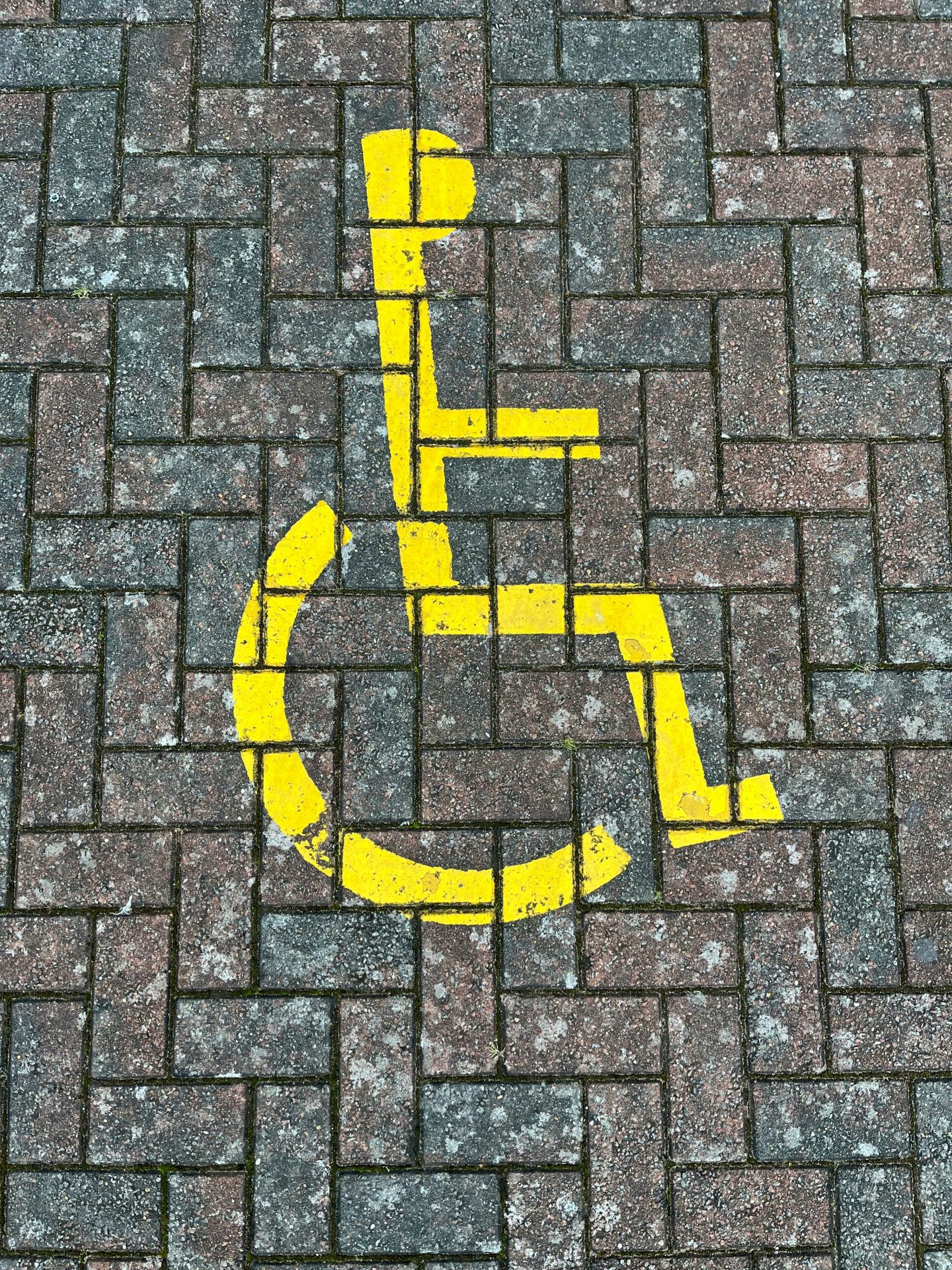Restoring Dignity: A Win for Women with Disabilities in Kenya
For years, intellectually challenged women and girls in Kenya have faced systemic discrimination, not just from society but also from the very laws meant to protect them. Until 2024, Section 146 of the Penal Code and Section 125(2) of the Evidence Act referred to intellectually challenged individuals using derogatory terms such as “idiots” and “imbeciles”. These terms stripped them of their dignity and created legal loopholes that allowed perpetrators of sexual violence to receive lenient sentences when the victims were intellectually challenged.
Recognizing the unconstitutional nature of these provisions, the Coalition on Violence Against Women (COVAW), the 20 for 20 SOAWR Solidarity Awards Winner under the Inclusion and Diversity Category, took on the challenge of dismantling these outdated laws through strategic litigation and advocacy.

How the Law Failed Intellectually Challenged Women and Girls
The provisions in Section 146 of the Penal Code and Section 125(2) of the Evidence Act not only dehumanized intellectually challenged survivors but also undermined their access to justice. By reinforcing societal stigma, these laws provided lesser sentences for perpetrators of sexual violence against intellectually challenged individuals compared to other victims. Furthermore, they created barriers in the justice system, making it difficult for survivors to testify in court.
These provisions violated Kenya’s Constitution, particularly Article 25 and Article 27(4), which guarantee non-discrimination regardless of race, sex, pregnancy, marital status, health status, ethnic or social origin, color, age, or disability.
COVAW’s Fight for Justice
COVAW, dedicated to preventing, responding to, and mitigating sexual and gender-based violence (SGBV), has long championed the rights of intellectually challenged women and girls, who experience disproportionately high rates of sexual violence in Kenya.
The organization has played a key role in legal reforms, contributing to the development of progressive laws and policies such as the Protection Against Domestic Violence Act (2014) and the Sexual Offences Act (2006). It also collaborated with the Judiciary Committee to develop the Criminal Procedure Bench Book, which incorporates accommodations for persons with intellectual disabilities in areas such as evidence gathering and the use of intermediaries.
Through its pool of pro bono advocates, COVAW has supported numerous intellectually challenged survivors of sexual violence. In doing so, it identified inherent flaws in the law that hindered survivors’ access to justice. Consequently, the organization launched a strategic litigation initiative, challenging the constitutionality of Sections 146 of the Penal Code and 125(2) of the Evidence Act, arguing that they were discriminatory and in direct contradiction of the Constitution.
Beyond the courtroom, COVAW conducted awareness campaigns at the community level and among state and non-state actors to educate people on the rights of intellectually challenged women and girls. It mapped and trained special education teachers to act as intermediaries in court and invested in research to build evidence for legal reform. These efforts were made possible through the support of partners such as the African Women Development Fund (AWDF), Urgent Action Fund (UAF)-Africa, and Humanity and Inclusion’s Making it Work Gender and Disability Project.
As a result of these multifaceted efforts, the problematic provisions were amended, replacing derogatory terms with “a person suffering from mental illness.”
Far from Over
While this legal reform is a major victory, significant challenges remain, particularly for intellectually challenged survivors of SGBV.
First, there is limited awareness about intellectual disabilities, fueling harmful beliefs that such disabilities are signs of lunacy, witchcraft, curses, or demonic possession. This ignorance has led to mistreatment, social exclusion, and increased vulnerability to sexual violence. It has also hindered access to reproductive health services for intellectually challenged women and girls. Some communities’ deeply rooted beliefs further complicate efforts to ensure justice for survivors, making behavioral and cultural change a long-term challenge.
Additionally, Kenya’s legal framework still has gaps that hinder the rights of persons with disabilities. The Law of Succession, for example, restricts intellectually challenged individuals’ inheritance rights. The Mental Health Act also includes guardianship provisions that strip them of their right to make decisions, violating their rights under Article 12 of the Convention on the Rights of Persons with Disabilities, which distinguishes between mental capacity and legal capacity.
Law enforcement officers also often lack the training needed to effectively investigate crimes against intellectually challenged survivors. Significant communication barriers make it difficult to gather evidence and ensure the meaningful participation of survivors in court proceedings. As a result, police frequently rely on the testimony of guardians or support persons, raising concerns about the accuracy and agency of survivor accounts.
The Way Forward
Much more work is needed to ensure that intellectually challenged women and girls in Kenya truly experience justice and equality. This legal reform is a crucial step, but it must be accompanied by societal shifts and systemic changes such as:
- Eradicating stigma associated with intellectual disabilities
- Empowering intellectually challenged women and girls
- Building the capacity of law enforcement to handle cases involving intellectually challenged survivors
- Strengthening legal frameworks to uphold the rights of persons with disabilities
The dignity and rights of intellectually challenged women and girls must continue to be a priority, ensuring that justice is not just written into law but truly accessible to all.
